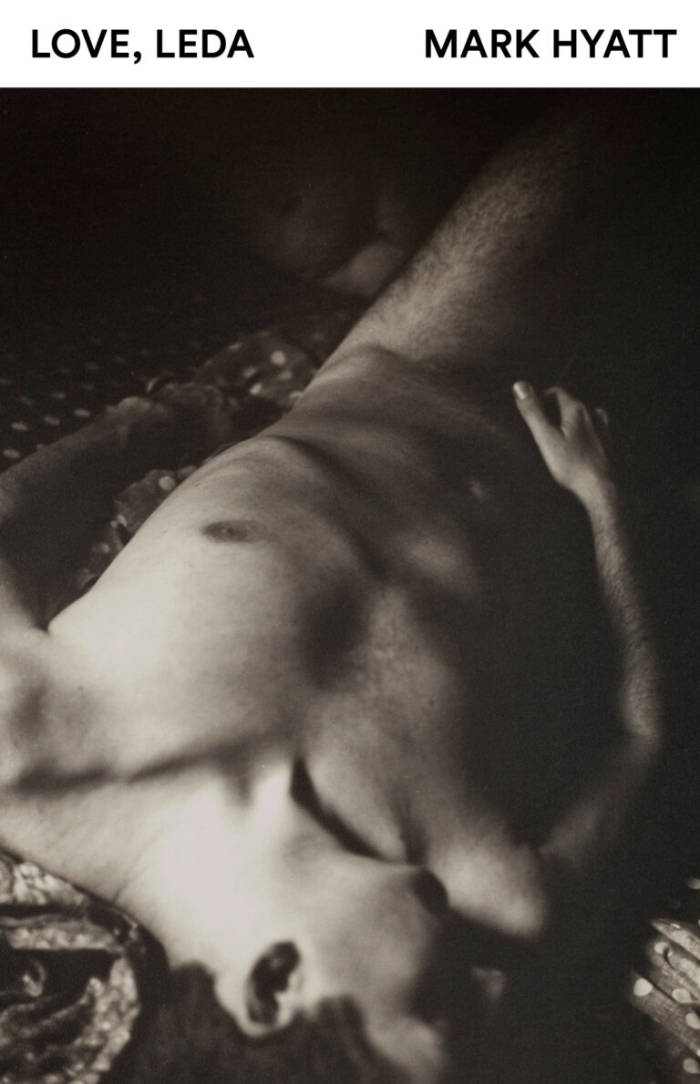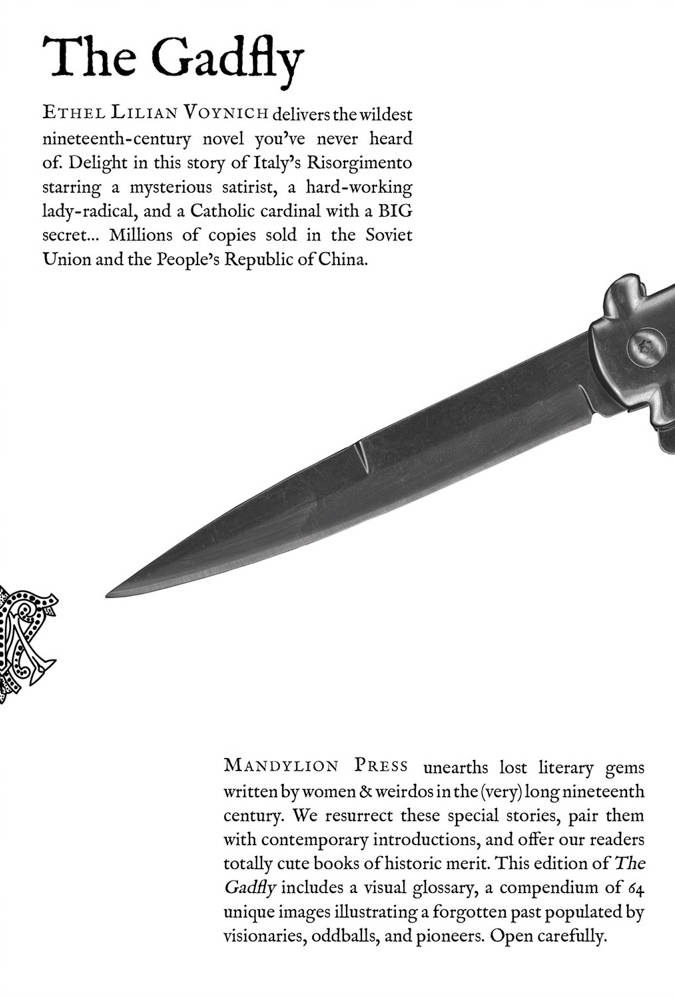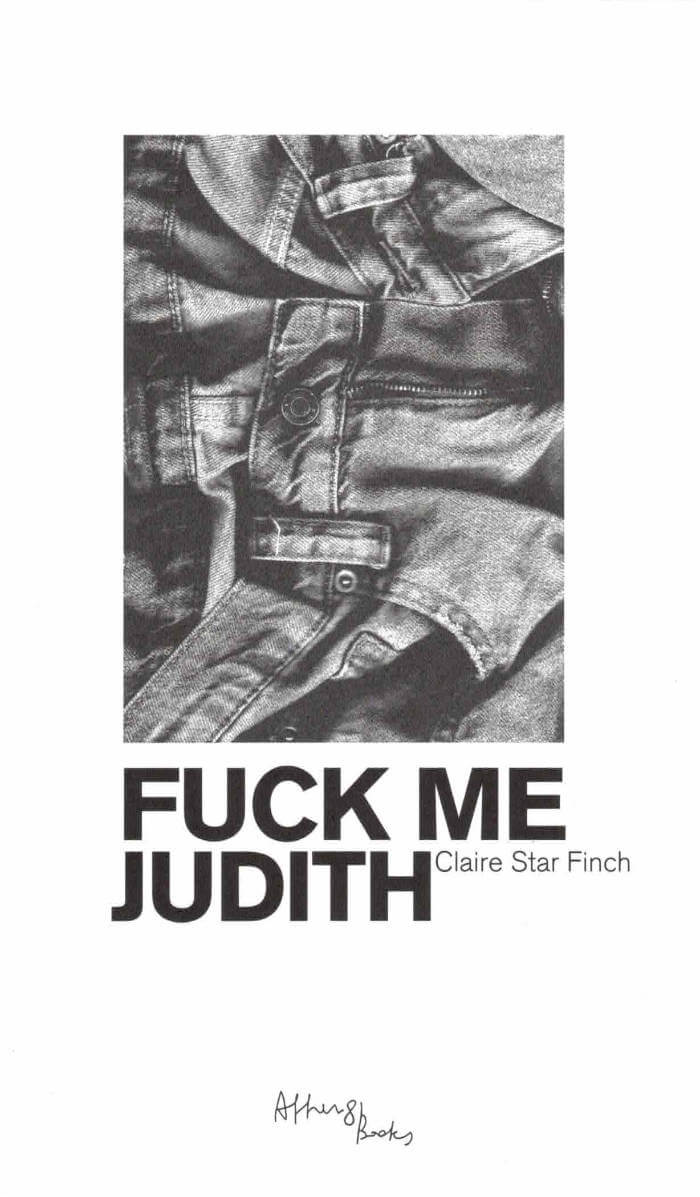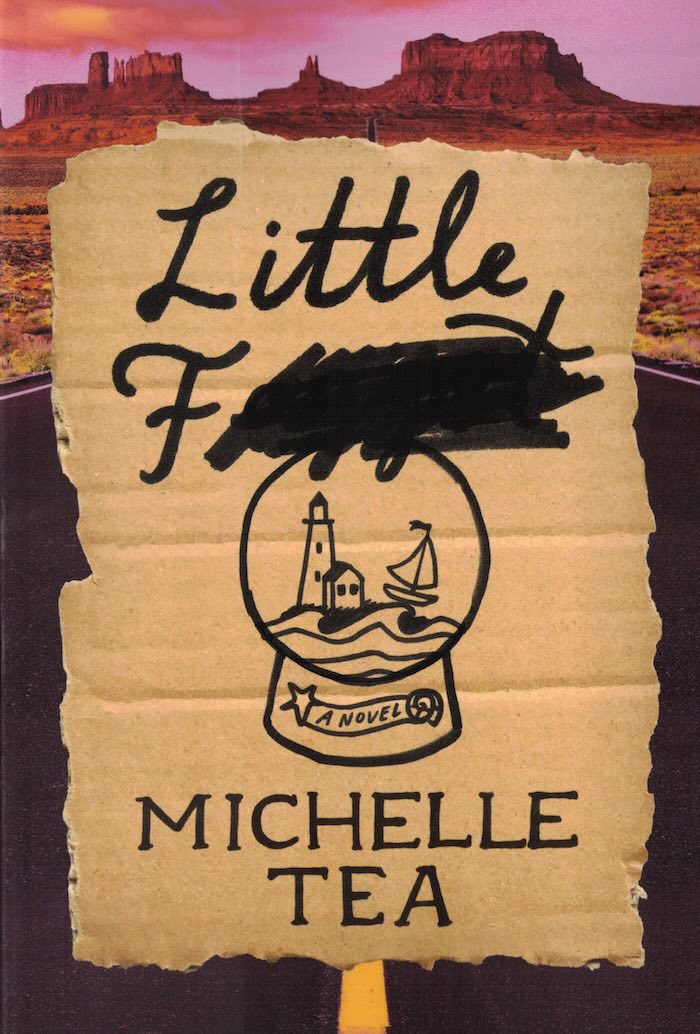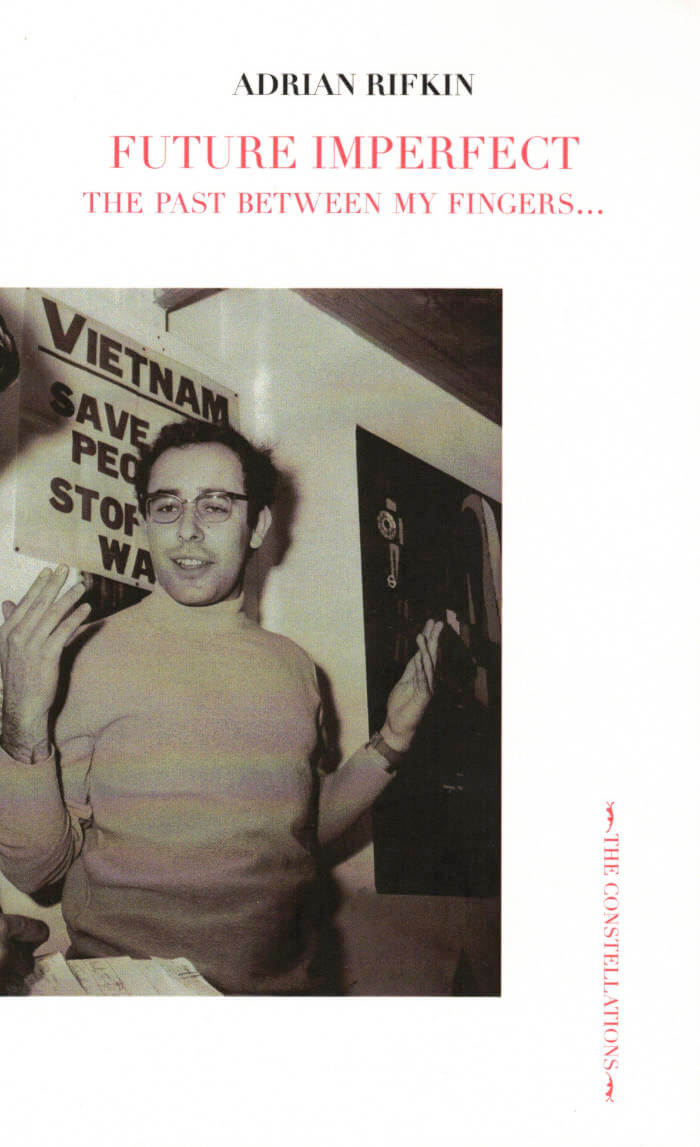
Future Imperfect
Then let the story really begin in 1968, though it has little to do with May. By chance it opens in January of that year, and it really concerns me rather than the world of political events, though these are always on my mind, as they were always on my mind. Its antecedents are in the summer of 1967, when I lived, happily, in a squalid bedsit in the then squalid Ladbroke Square, as well as in some basement maid’s room in the West End, and did my secondary sources in the British Library, the V&A, and also, a bit, in Paris, Bordeaux, and Montauban, though that was to flirt with the primary sources ahead of time.
This short Bildungsroman sets beside each other the fault lines of events and moments recalled without a diary with the verification and sometimes undermining effects of new research of materials, the recovery of what was known, what might have been known, and what was merely probable, as if this were a history of the history of art.
‘This is an extraordinary journey. Using ekphrasis as method—and as a proper timeline for an indefinite confinement—it wanders through a lived calendar of scholarship, where forgotten stories of art history books flirt with library indexes and archival catalogues, and streetwalking meets gay longing at the heart of the text.’
– Élisabeth Lebovici
Adrian Rifkin worked in art departments as a historian and a studio tutor, in historical and cultural studies as well as visual culture, from Portsmouth Polytechnic in 1970 to Goldsmiths, University of London in 2012, where he was a professor of Art Writing. A collection of essays, Communards and Other Cultural Histories, edited and introduced by Steve Edwards, was published in 2017. Interdisciplinary Encounters, Hidden and Visible Explorations of the Work of Adrian Rifkin, edited by Dana Arnold, appeared in 2015.

